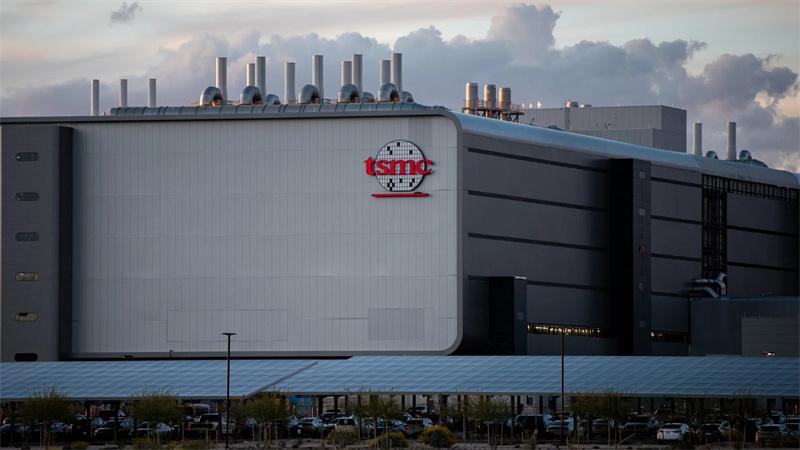Despite investing heavily in U.S. semiconductor manufacturing, Taiwan Semiconductor Manufacturing Company's (TSMC) Arizona facilities currently meet only about 7% of America's chip demand, highlighting the gap between domestic production and the country's rapidly growing needs.
According to U.S. Treasury Secretary Scott Bessent, TSMC's limited output in Arizona is partly due to overregulation and bureaucratic red tape that have delayed several construction and production projects. “TSMC wants to build a gigantic fab system in Arizona, and I think it might be able to produce up to 7% of the chips that the United States needs,” Bessent said in a recent interview. “But they're dealing with local building inspectors… who are slowing things down with constant changes and compliance requirements.”
TSMC has committed over $65 billion to its U.S. expansion plans, including the construction of three wafer fabs, two advanced packaging plants, and a new R&D center in Phoenix, Arizona. The total project is expected to create more than 25,000 direct jobs and several thousand indirect ones. The goal is to help the U.S. produce 20% of the world's most advanced logic chips by 2030.

The first fab began mass production of 4nm chips in late 2024, with yield rates comparable to TSMC's Taiwan operations. The second fab, initially expected to begin operations later, has now been fast-tracked to meet U.S. customer demand. The third fab, currently under construction, will produce 2nm and A16 (1.6nm) chips—among the most advanced in the world. TSMC has also reserved capacity at future fabs for even more advanced nodes as customer needs evolve. When complete, the Arizona site is expected to host around 30% of TSMC's 2nm and beyond process capacity, forming a critical hub for the U.S. AI chip supply chain.
However, scaling up remains a long-term challenge. Regulatory delays and construction permit issues have slowed progress. For instance, rapidly changing fab designs often clash with rigid local building codes, causing shutdowns and revisions. These obstacles have added time and cost to an already complex buildout.
To address these challenges, the Trump administration is reportedly working to streamline regulations and remove barriers that hinder the development of a competitive domestic supply chain. TSMC's expansion in the U.S. is seen as crucial, especially as major American tech firms—including AMD, Apple, and Nvidia—continue to rely primarily on TSMC, rather than domestic alternatives like Intel Foundry or Samsung.
Despite TSMC's aggressive push and plans to transfer cutting-edge manufacturing to the U.S., bridging the supply-demand gap will take years and require a more supportive regulatory environment. The Arizona project, while ambitious, remains only the first step in a broader effort to localize advanced chip production on American soil.
+86 191 9627 2716
+86 181 7379 0595
8:30 a.m. to 5:30 p.m., Monday to Friday
